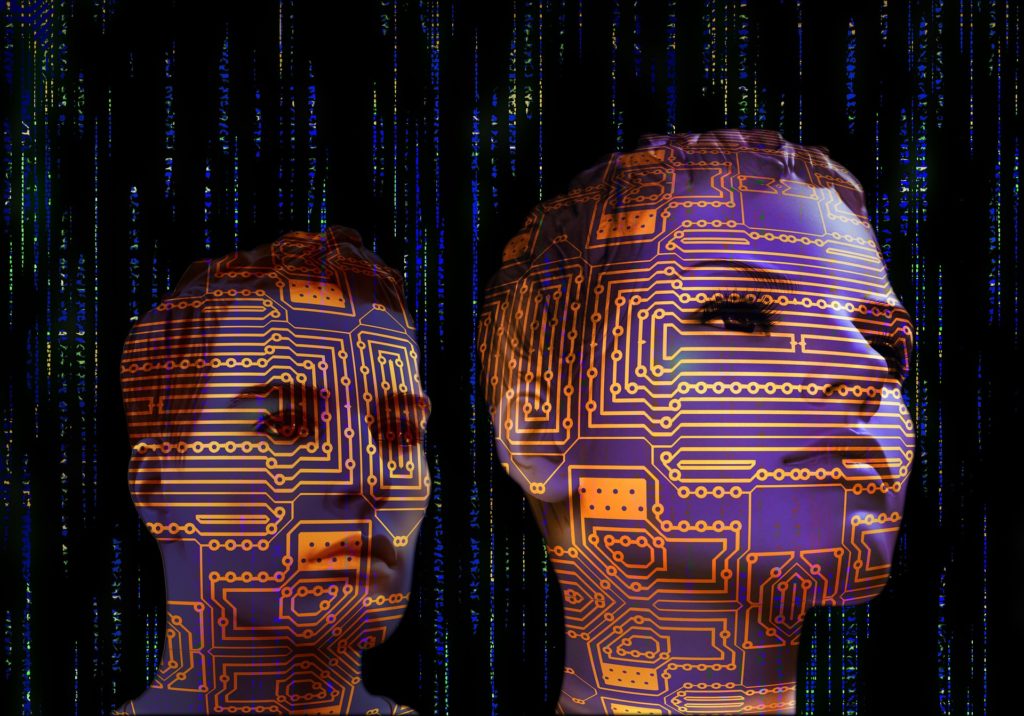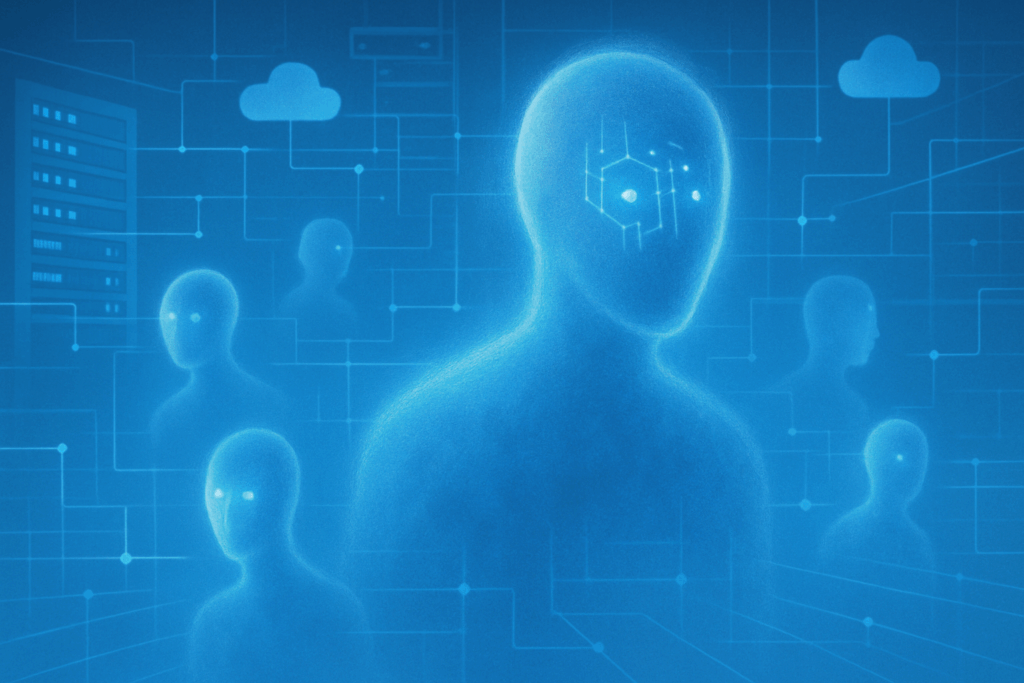This week I was at the historic competition between IBM’s Project Debater and one of the top human debaters in the world and it was fascinating. It wasn’t just fascinating that an AI could even do this, but that the human won—largely because he was human. However, the AI did a better job of educating the audience, resulting in a split decision where the human won the debate, but the computer outperformed him regarding making the audience smarter. While the ballad of John Henry should have been the background music for the event, and I expect his ghost was cheering in the background, the result was consistent with IBM’s stated strategy of creating an AI solution that enhances—and doesn’t replace—humans, potentially creating something that is a hybrid of man and machine.
Let’s talk about that this week.
Project Debater
Project Debater starts as a blended hybrid-AI solution—the only one that I have yet seen demonstrated. Humans teach the system about the quality of an argument both in terms of argument strength and focus. Machines are good at connecting data to subjects, but aren’t particularly good at ranking arguments regarding how compelling they are, nor are they apparently good at determining which side of an argument the phrase they are looking at is on. Humans are engaged in teams on both sides of a relevant subject, teaching this Hybrid-AI not which side it should be on, but which arguments on each side are the most powerful. And arguments that are founded on data are typically ranked higher than those more subjective, but subjective arguments can often be more compelling. We’ve seen this in spades in the current political environment where unfounded subjective arguments provided in a compelling fashion have overpowered more truthful data-based arguments.
The Debate
This was a vocal debate and the current state of technology felt like a human arguing against a super-powered Siri. There was no doubt—even though the voice was human female sounding—that it was a computer. There were inflections and emphasis, the voice wasn’t flat, but it still sounded artificial. You wouldn’t be fooled into thinking it was a human by any stretch of the imagination. The Hybrid-AI’s arguments were better organized, more strongly supported by studies, and far more informative (as the survey at the end showcased) but underperformed by her adversary Harish Natarajan, an International Debate champion.
What was interesting was the computer interjected more humor, more objective facts, and did far better time management than Harish did. However, Harish, who took the negative position, did a better job creating doubt about the subject, and the audience—which was massively aligned with the position the Hybrid-AI took—was far less aligned at the end which is what gave Harish the win. He appealed to the audience emotionally, which is a human strength, and didn’t attempt to compete on data which was clearly the Hybrid-AI’s massive advantage.
What was clear to me is that while the Hybrid-AI would have likely won had it been up against a less experienced adversary, the true power of the solution would have been maximized had they used a human to speak for the Hybrid-AI and the most powerful solution would have been a combination of Harish and the Hybrid-AI. His experience and talent combined with the Hybrid-AI’s ability to rapidly surface the most compelling arguments would have made him unbeatable against a non-enhanced human or a Hybrid-AI acting alone—particularly if profiles on the judges (regarding what they favor) were made available to the Hybrid-AI.
So, the true winner was IBM who showcased that human + AI would potentially be far stronger than human or AI alone, and I would expect a future demonstration to better showcase this far more strategic concept.
Wrapping Up: The New John Henry
The John Henry ballad was a cautionary tale concluding that even the strongest of us couldn’t compete with machines. The new John Henry is now Harish Natarajan, and the new story is that humans alone and machines alone can’t compete with a well-executed human + machine hybrid, effectively overcoming both John Henry and his adversary with a new concept combining both prior elements and, fortunately, assuring our future.
This was both powerful and compelling, and promises a future where people don’t become obsolete but instead become a critical component of the increasingly automated future. This is just the beginning of a process still on track to the concept of a singularity that should become real around mid-century. Personally, I’m just glad to see a strong counter argument to the increasing concern that AIs will displace us as a race; because becoming obsolete isn’t exactly the preferred outcome for any one of us.



